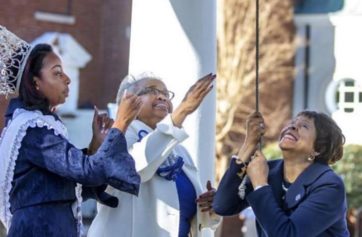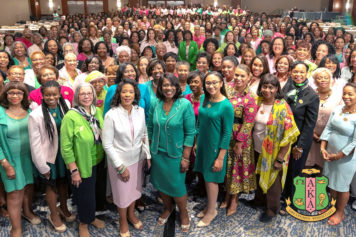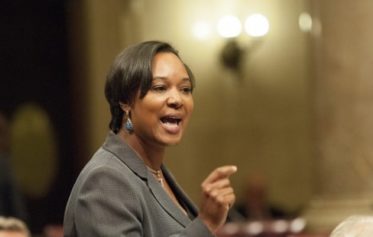There are 19 Black-owned banks in America, and almost all of them are in survival mode, still suffering from the economic downturn that ravaged many of their customers.
Analysts told The Washington Post that 60 percent of Black-owned banks lost money in 2013.
“I would venture to say that [the vast majority of Black banks] are in varying degrees of trouble,” said Darrell Jackson to The Post. Jackson is the chief executive and president of Chicago’s Seaway Bank, a Black-owned bank celebrating its 50th anniversary.
The crisis with banks owned by African-Americans stems from the 2008 economic collapse and it then moved on to other areas. Customers’ banking needs diminished, and the Black banks were hurt the most. Not many were eligible for the federal bailout funds that resuscitated many large financial institutions through the crisis. Now, many Black neighborhoods are devastated by the mortgage crisis, and the recovery has been slower than in other areas.
Additionally, big banks, offering more services, increasingly lured away their customers in strong financial positions.
It did not help that, from a strategy standpoint, Black banks came up short. Simply, they failed to modernize their services. Few offered the branch networks, computerized banking and other automated services that have come to dominate the business. And many of the banks failed to follow the African-American middle class to the suburbs.
All told, Black banks control just $5 billion in assets, a tiny fraction of the size of the nation’s banking giants like Wells Fargo, which by itself has some $1.7 trillion in assets. Black banks tend to be small even by the standard of minority-owned banks, The Post pointed out, which as a group had some $181 billion in assets at the end of 2013, according a FDIC report.
“This is such an extremely important sector of the banking community,” said Michael A. Grant, president of the National Bankers Association, the lobbying group for Black banks. “We were hit so hard during this sub-prime crisis, and they are having a hard time working their way back from that.”
Paul O’Connor, founder of Angkor Strategic Advisors, a Chicago-based banking consultancy, called Black-run banks a victim of the larger progress of African-Americans.
“The positive side of this is that the African-American community has developed in a way that they don’t need African-American banks like they did 50 or 70 years ago,” he said. “Also, they have a margin for error that is much smaller than most banks. At the end of the day, you are banking human beings and they are as good a credit risk as the last job they had. A lot of people these institutions banked are hurt economically.”


